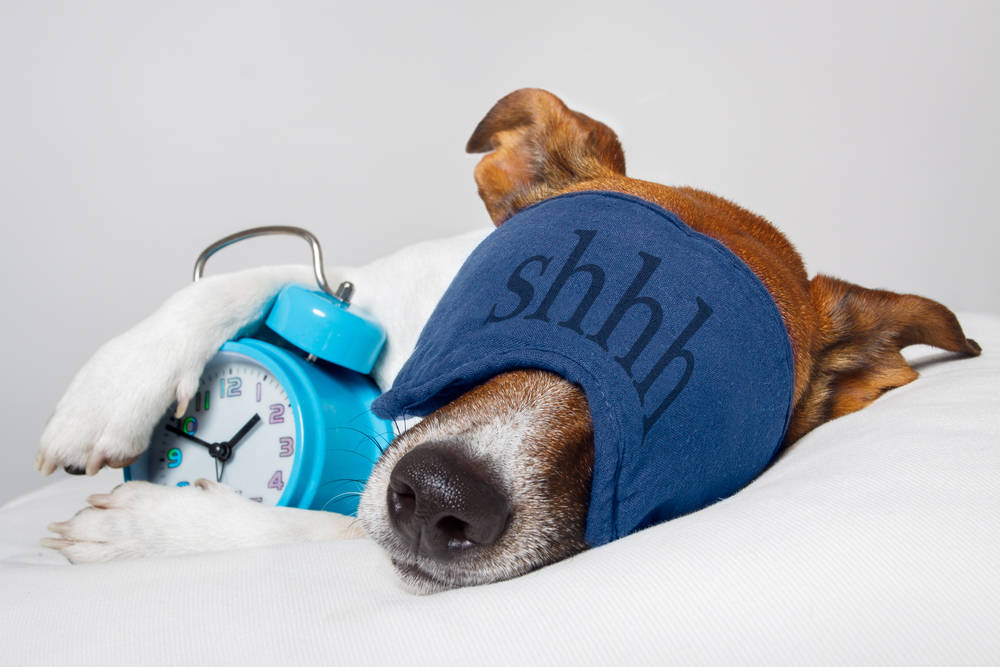Sleep is for the Wise Person
It’s a crazy world out there these days. Long hours to be worked, hectic traffic to be navigated, weather that can’t decide what season it wants to be, endless cat videos to watch on YouTube. Our busy lives may well be fulfilling in many ways, but the modern world isn’t getting any less stressful. With so much to fit into just 24 short hours every day and a myriad of thoughts rushing around in our heads, our sleep is often negatively impacted. And when we don’t get enough, good quality sleep, our general wellbeing suffers. Studies have shown that just a few nights of short or poor quality sleep can have drastic effects on our memory, our cognitive functioning and, naturally, our productivity. But there are a few fairly simple steps we can all take to improve our sleep, and with it, our overall health.
So here are our 5 top tips to getting good sleep:
1. Create a Bedtime/Wake-up routine
Adults need X amount of hours to sleep. Work out how much you need to sleep by counting back from the time you have to set your alarm for in the morning and going to bed at that time (example). Then move you bed time back by 15 minute increments each night until you wake up feeling well-rested and refreshed – this will tell you how much sleep you need each night and therefore, what time to go to bed. If you work differing shifts, or have young children that may get you up in the night and such a routine isn’t practical, try making sure you get a block of hours sleep at the same time every day/night – this is called anchor sleep and should help improve your sleep in these situations. It also helps to craft a routine about going to bed and getting up in the morning, so certain activities cue you body and brain that it’s time to go to sleep or wake up (example)
2. Design the ideal sleep environment
A lot of things within our bedrooms can affect our ability to fall asleep, so try and make your room as sleep-friendly as possible. Start with the temperature. We all know in the height of summer (when it actually acts like summer, that is) that we can struggle to fall asleep because of the heat. Whilst you don’t want to make the room too cold, as that can be equally uncomfortable, try and keep it a fairly cool temperature, as this is the ideal condition to sleep. Next you want to reduce the amount of light in the room at night as you can. This includes things like tiny ‘standby’ lights on electric items. So switch the tv/printer/computer off at the wall and install some good blinds or curtains that keep the room dark. Finally, you need a bed and pillows that provide you with the right amount of comfort, so you can get nice and cosy, allowing you to fall asleep easier.
3. Naps
Studies have shown that short naps of 20-30 mins in the afternoon can increase memory, cognitive function and productivity. Hooray! If you want to take a moment to highlight this section and forward it your boss, we completely understand, go ahead, we’ll wait.
But be careful you don’t overdo it! If you sleep any longer than 20-30 mins and then you’re likely to be less tired in the evening and find it harder to fall asleep when you need to at bedtime.
4. Exercise
Yes, I know, everyone is always going on about how important exercise is. Thing is, they kind of have a point. It’s good for a multitude of health-related issues, including the quality of your sleep. Studies have shown that people who exercise during the day, sleep better at night. However, it is recommended not to do exercise that is too vigorous in the time leading up to bed, as this will likely leaved you amped up and unable to fall asleep. Gentle Yoga stretches would work better, relaxing you and helping you wind down ready for sleep.
5. Good Sleep’s Natural Enemies
We all know that caffeine late at night is a bad idea. But there are other things that can make it harder to fall asleep or get good sleep. Alcohol is probably the most well known. While some people might say it helps them to fall asleep, even if that’s the case alcohol inhibits our ability to get good, restful sleep. Nicotine has the same effect (yet another good reason to give up smoking!). The most recent addiction added to the list of bedtime bad guys is our phones. Well, not just our phones, but anything with a screen that gives off ‘blue light’. Light produces melatonin and tells the brain to wake-up, so looking at our phones/tablets/laptops etc before we go to sleep is impeding our ability to actually fall asleep. So in the hour before bed cut out the coffee, cola, booze and screentime, and you should find it easier to fall into a nice, restful sleep.
Give these tips a try and see if your sleep, health and general well-being is improved. You’ll be surprised at what a difference even small steps can make!
Post written by Julie Fisher






